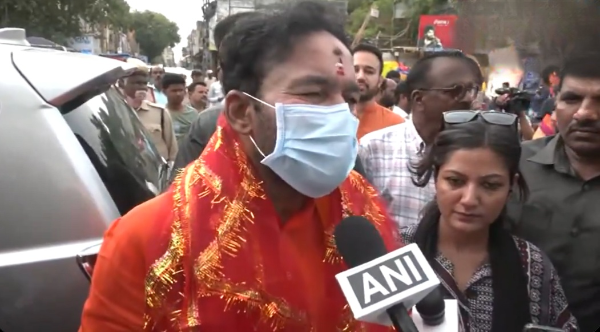In a recent statement, Union Minister and Bharatiya Janata Party’s Telangana President, G Kishan Reddy, launched a scathing attack on opposition parties, accusing them of undermining the integrity of India’s electoral process. Reddy’s remarks came in response to the widespread criticism of Electronic Voting Machines (EVMs) by certain political factions, particularly during exit polls.
Addressing a gathering, Reddy asserted, “They are the world’s biggest intellectuals that is why they were blaming EVMs even during exit polls.” His comments reflect a broader sentiment within the ruling party, which has consistently defended the use of EVMs in elections despite concerns raised by opposition parties regarding their reliability and vulnerability to tampering.
Furthermore, Reddy went on to claim that the media had narrowly escaped being targeted by these allegations. “The media had a narrow escape otherwise they would have demanded re-election,” he added, implying that the media would have sided with the opposition in questioning the legitimacy of the electoral outcome.
The statement by the Union Minister underscores the deepening polarization and distrust between political parties in India, particularly in the aftermath of contentious electoral battles. Accusations of electoral malpractice and rigging have become commonplace, often leading to heated debates and calls for electoral reforms.
Critics argue that such remarks from high-ranking government officials only serve to further erode public confidence in the electoral process and weaken democratic institutions. They emphasize the need for greater transparency, accountability, and dialogue among political stakeholders to address legitimate concerns about the fairness and integrity of elections.
As India gears up for future electoral contests, it remains to be seen how these ongoing debates surrounding EVMs and electoral credibility will shape the country’s democratic landscape.



